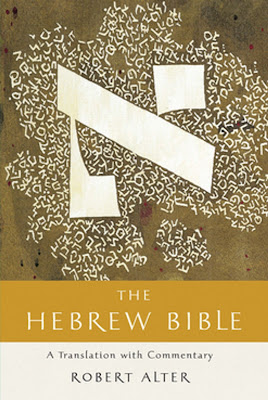"Since you sang like a fool in the summer,” said the ant,
“you had better be prepared to dance the winter away!
- Aesop’s fables are now generally considered children’s literature. Why is this the case? How is this classification inaccurate? Do these fables speak particularly to one age group?
I imagine it's because they're short, simple, and feature animals: all things that can keep a child's attention while parting some folksy wisdom. I agree this depiction is inaccurate. These fables are not always transparent or easily digestible--sometimes I appreciated the summarizing closing line; other times I thought it was off--and the stories occasionally reflect adult themes that children cannot understand.
But more importantly these fables are intended for children in the same way 'G' rated films are. Sometimes that's their target audience, but most of the time the author is simply casting a wide net. It's meant for all people, of all ages. But I would add that the ideal audience is the middle-to-lower class family, who would enjoy the fables without pretension or finding them crude. (Folk tales often beg for class analysis, but I'll resist that temptation here.) - To what degree are the animals anthropomorphized in these fables? Why? How does the attribute of speech change our perception of the animals? Does this affect the way that we enjoy the stories?
The animals possess human language, attributes, and desires, while still firmly being part of the animal kingdom. This lets them serve as an analogue for human dilemmas; for example, the tortoise and the hair speak to each other, enter a race, and display virtues & vices--thoroughly human actives--while never going so far as to form a society. Thus their anthropomorphism only serves to illustrate a moral, while never breaking the audience's immersion.
Speech in particular lets us connect to them because they're literally "talking our language". They're simultaneously identifiable and remote; familiar and fantastic. The audience is comforted and challenged at the same time, which adds to the stories' allure.
- Compare the fables to the anecdotes of Odysseus on his journey home, and discuss in what manner they are similar or dissimilar from other short stories. For example, Odysseus’s encounter with Polyphemus might be understood to have a clear didactic moral for Odysseus, and yet it is clearly not a fable. Why not? What is the generic difference?
Fables are episodic. Meaning they do not fit into a larger narrative (as Odysseus' stories do), contribute to a consistent theme (which would exclude Ovid's Metamorphoses), carry emotional or mental weight (they are bite-sized and often breezy), or communicate an ambiguous moral lesson (well, not intentionally). That is how they differ.
They're similar in levying fantastical set-pieces to entertain their audience, while being just silly enough not to break their audiences' suspension of disbelief. They are, even at their most dangerous, non-threatening because they take place in a distant land, time, or reality (such as where animals talk). And both, of course, have something to say, which is ultimately conservative in character. - What sort of wisdom is contained in the fables? Is there a particular type of knowledge conveyed in them? How does this relate to the manner in which they might be considered instructive or illustrative?
Despite the seriousness of the ending lines summarizing the moral--which I vaguely recall being added in the middles ages--Aesop's fables don't feel moralizing. Yes you can learn something from them, and yes each fable seems to be making a point, but they're enjoyable for their own sake and their pleasure may be more important than their didactic value. In fact their key motivation often lies in irony, producing a laugh and illustrating a character's folly. As such I don't feel right discussing their "wisdom", as it takes these stories a little too seriously.
But if I had to narrow down their "particular knowledge", I would say these fables tease common vices, and aim to help the average person get by. Not in any practical sense, but simply in mocking the everyday stupidities we all engage in. This is why Aesop is given humble origins, instead of atop an ivory tower. His stories never--as far as I know--show us inspirational or idealized personages to imitate. He deals in fools, who serve as examples of how not to live. He appeals to the lowest common denominator, often ironically presenting a reassuring figure of fun: "at least I'm not as dumb as that guy."






